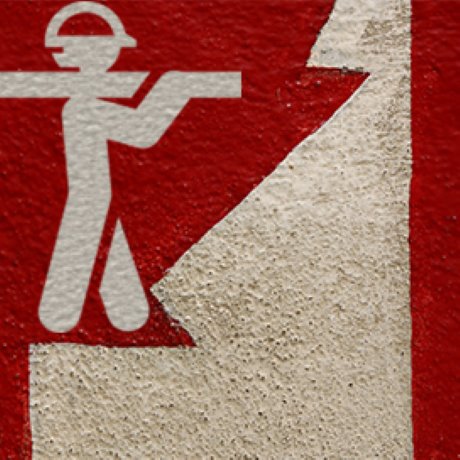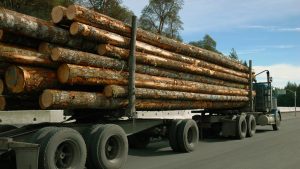Construction industry leaders from across Canada will gather in British Columbia in early May for the ninth Open Shop Leaders Forum. The forum, which takes place May 7-9 at the Whistler Westin Resort, will address the main trends impacting the Canadian economy in general and the construction industry in particular.
There will be sessions on issues such as bidding practices, building a successful Aboriginal connection and the impact of legalized marijuana in the workplace.
"Anyone can attend," said Chris Gardner, president of the Independent Contractors and Businesses Association of BC (ICBA). "It’s not just for members of the open shop movement."
Former ICBA president Philip Hochstein says the Canadian open shop community doesn’t get together often.
"Good things always come out of our meetings when we do meet," he said
"We always learn something new."
Merit Canada president Terrance Oakey says the open shop sector has to become more involved in the political process.
"Union-only tendering models cost taxpayers more," he said. "That leads to less infrastructure being built. And closed-shop tendering is unfair to our members, because it cuts them out from bidding on projects. It’s a purely political decision."
Oakey says closed-shop tendering has led to over 70 per cent of eligible construction firms being unable to bid on projects and has increased construction costs by as much as 40 per cent.
There will be 10 speakers at the forum such as the inimitable social commentator Rex Murphy and economist Jock Finlayson.
Turbulent Times/Canada’s Economic Prospects in an Uncertain World is the title of the presentation by Finlayson, executive vice-president of the Business Council of BC.
"The Canadian economy as a whole has come off two poor years," he said.
"But the economic weakness in Canada is regionally differentiated. Alberta, Saskatchewan and Newfoundland, all of which depend on their energy industries, have dragged down the national economic performance."
The provinces that are not dependent on energy, especially B.C., are doing better, however.
"As we move into 2017, there is a broadly-based improvement," said Finlayson.
"Most economic forecasters are looking at strong growth, although not a boom, in 2017 and 2018."
Despite this positive outlook, there are uncertainties caused by the Donald Trump presidency in the U.S.
"Who knows what he’ll do next?" Finlayson said.
And there are other risks, such as Brexit and a possible U.S.-China trade war that could derail Canadian economic recovery.
The Cannabis in Construction session will look at the impact on the construction job site of the proposed legalization of marijuana in Canada. One of the experts who will speak at the session, addiction and training specialist Joel Gervais, said marijuana is still a controlled substance in Canada and it is illegal to possess it.
"But the federal law is subject to interpretation and enforcement by the individual provinces and the law is interpreted differently in different jurisdictions," Gervais said.
In Canada there are 56,000 people who have an access card that authorizes them to have marijuana for medical use.
"The card is not the same thing as having a prescription," Gervais said.
Proposed legislation will make it legal to possess marijuana and to grow your own (up to four plants). The federal government’s goal is to have the new legislation in place by July 1, 2018.
"But there will still be restrictions on who can buy it and who can’t, and the provinces will interpret the law," Gervais said.
It can be difficult to determine if a person is impaired by marijuana and to what extent.
"Marijuana is stored in body fat, so someone can test positive even if he hasn’t smoked recently," he said. "And it impacts different people differently. So there are many unknowns in coming up with standards."
Gervais said marijuana today is not the soft drug of 30 years ago.
"It has up to six times the amount of THC, the chemical that is responsible for most of marijuana’s psychological effects," he said.
Gervais said using marijuana can, over time, have some unpleasant side-effects, and can negatively affect a user’s short-term memory, co-ordination and even facial recognition.
The statistics on marijuana use in Canada are ambiguous.
"Anecdotally, alcohol is the number one drug in construction, followed closely by marijuana," Gervais said.
"Most users in construction believe that getting stoned isn’t as bad as getting drunk."
ICBA general manager Carmen Lafortune says the forum’s organizers are expecting about 100 delegates and representatives from 75 to 80 companies.
"The forum will be a little different this year," she said.
"It will be more intimate than previous years and there will be more networking time."











Recent Comments
comments for this post are closed